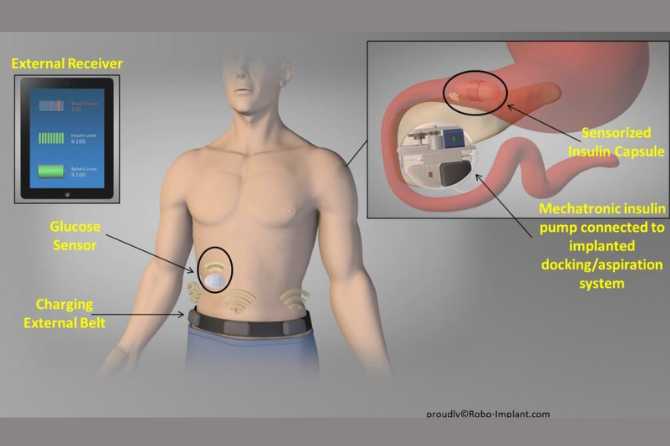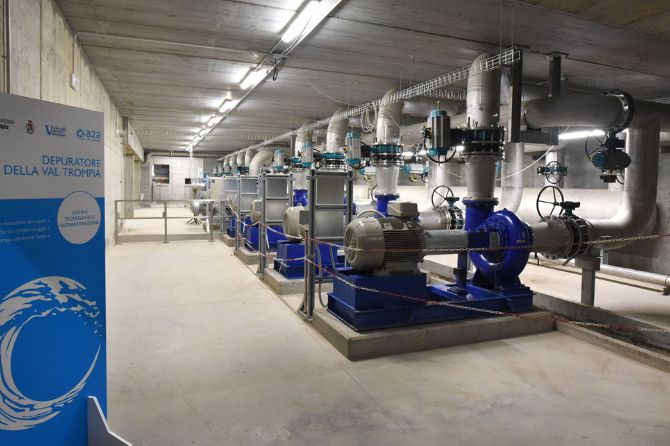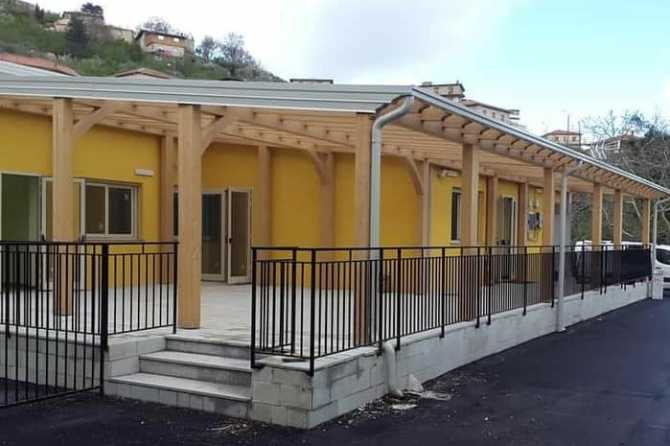Sustainable mobility under the spotlight of Gallarate students
The team 3niApedali participated in the 2020-21 edition of A Scuola di OpenCoesione to monitor TI-CICLO-VIA, a cross-border project financed under the programme INTERREG Italy-Switzerland to build a system of bike mobility between Malnate, in the Italian province of Varese, and Cantello, near the Swiss border and the municipality of Mendrisio. With a total value of EUR 2.33 million, the goal of the project is to create infrastructure both for tourism and for local residents who would like to commute by bike between the Italian region of Lombardy and the Swiss canton of Ticino.
This is likely why, after choosing to focus on this project of civic monitoring, the team 3niApedali [a playful reference to “pedal-powered (commuter) trains”], made up of what were then third-year students (now in their final year) at Da Vinci–Pascoli Secondary School in Gallarate (Varese), was inspired to broaden the scope of their efforts to “engage the school to increase awareness of sustainable mobility among students”, in the words of team member Slaviana Gherasimova.

With a view to the Conference on the Future of Europe of May 2021, the students handed out a questionnaire on NextGenerationEU to the entire school, including a section dedicated entirely to “active mobility” in order to understand how much their peers would be willing to change their mobility habits. More than 70% of those surveyed, out of a sample population of nearly a thousand students, indicated that they were aware that their habits could have an impact on the environment, but for many there was also a problem.
As Slaviana explained, “Few get to school by bike or on foot [because of] busy roads in disrepair, bad drivers, heavy backpacks, and laziness.”
And after the questionnaire, did any students change their habits. “We gave a presentation to the entire school at the end of the school year. Our hope is that some will now be more aware,” said Matteo Schiavini, a classmate of Slaviana. Now that the students are becoming adults, many of them are getting driver licences, but that doesn’t necessarily mean they’ll drive. “From personal experience, I only drive on weekends,” said Matteo. “Around here, many take the train even to get to surrounding towns, at least during the day.” And many students who drive to school often carpool and fill their cars up with classmates.
“Our civic monitoring focused my choices as a citizen and my attitude towards government institutions, which no longer seem remote, faraway entities,” said Matteo. “By getting involved, staying informed, and attending assembly meetings, you can take part in, or at least influence, decisions that concern us all.”

Daniela Aliverti, the teacher who assisted the team in their work, commented, “We were encouraged by Europe Direct Lombardy to look into projects financed within the scope of European territorial cooperation, and the students found that they wanted to take on the issue of sustainable mobility. Many in their class use bicycles as a means of active mobility, so they became interested in the project TI-CICLO-VIA.” But the 3niApedali team didn’t stop at civic monitoring, going on to also work with [Milan] Polytechnic and with the University of Insubria to increase awareness of sustainable mobility. Here, too, the students interacted with the public sector and, after the questionnaire, organised a concluding event that saw the participation of the representative office of the European Commission in Milan and the Milan European Parliament Liaison Office.
Even though the project is still under way, in their Monithon report the Gallarate students deemed it to be greatly useful and effective. Through their interviews, surveys and visits, they were able to understand that, at times, executing a project can be a complex task due to unexpected complications that can undermine a project’s feasibility. (“They had to rethink the original route that called for the creation of the new bike path along the decommissioned Valmorea railway line. Ferrovie Nord, which owns the line, had never formalised its decommissioning,” they wrote, for example. And “the route called for crossing the pass at S. Margherita–Bizzarone, which is now closed”.)
 For this reason, too, they note that one strength was the involvement of schools and of a great many local actors. “In our own way, having completely shifted the goal of promoting slow mobility, we involved the entire student population at our school,” they wrote. “So we intend to take action to increase awareness among our peers. The project has had a great impact on us and has made us more responsible citizens.”
For this reason, too, they note that one strength was the involvement of schools and of a great many local actors. “In our own way, having completely shifted the goal of promoting slow mobility, we involved the entire student population at our school,” they wrote. “So we intend to take action to increase awareness among our peers. The project has had a great impact on us and has made us more responsible citizens.”
The students’ work doesn’t stop here. The team has also been invited to present the civic monitoring project in various contexts in Italy and internationally, including at “Engaging Citizens and Civil Society in Interreg”, an event organised in March 2022 by the European Union programme INTERACT, during which the students once again provided effective testimony as to the value of being active members of the community.




